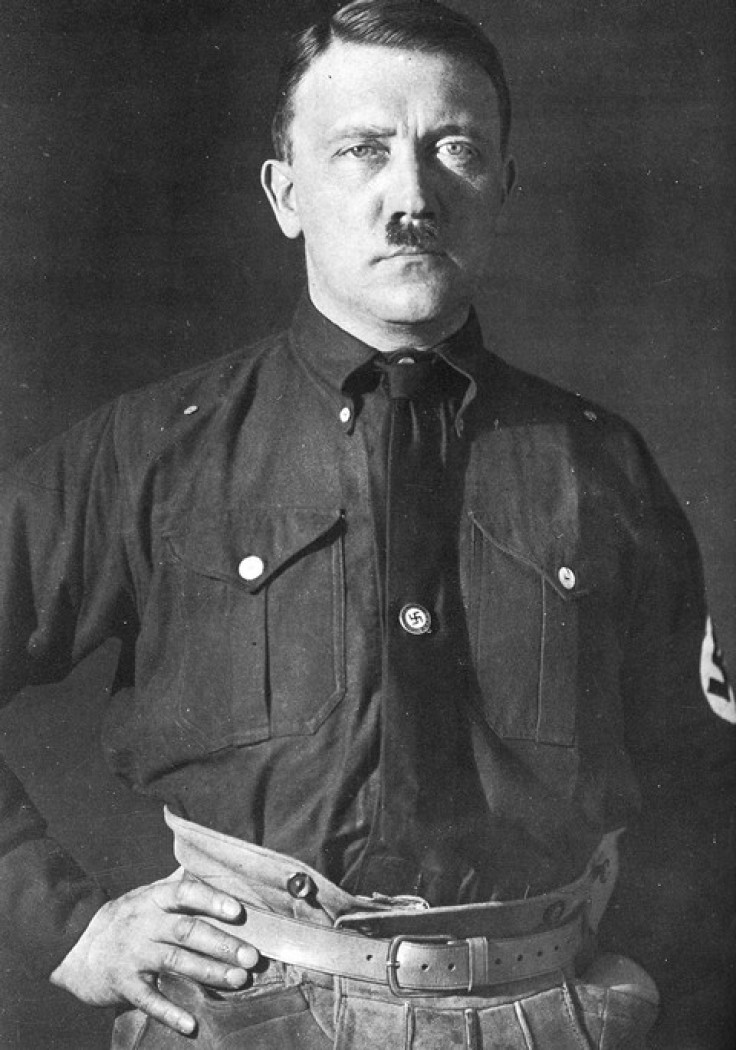Mental Illness Reason Behind Hitler's Blindness, not British Gas Attack: Book

Adolf Hilter, the German Führer, claimed to have been blinded by a British mustard gas attack during WW I. However, new research now suggests that the dictator's loss of sight was likely caused by a mental disorder known as "hysterical madness".
In "Mein Kampf", the Nazi dictator's autobiography, he described the British attack that occurred south of Ypres, in October 1918, using a "yellow gas unknown to us." By morning, his eyes "were like glowing coals, and all was darkness around me," he wrote in the book.
However, Hitler's claims have now been exposed by historian Dr. Thomas Weber, of the University of Aberdeen, who has uncovered a series of unpublished letters between two American neurologists from 1943.
The correspondence showed that Otfried Foerster, a renowned German neurosurgeon, had inspected Hitler's medical file. He found that Hitler had been treated for "hysterical amblyopia", a psychiatric disorder that can make sufferers lose their sight.
"There were rumours suggesting that his war blindness may have been psychosomatic, but this is the first time we have had any firm evidence," the Daily Mail quoted Dr. Weber as saying.
He said discovering the letters was "crucial" because Hitler's medical file, at the Pasewalk military hospital in Germany, was destroyed.
"Hitler went to extreme lengths to cover up his First World War medical history," the Daily Mail quoted Dr. Weber.
"The two people who had access to his medical files were liquidated as soon as he took power and the other people who knew of it committed suicide in strange circumstances," he claimed.
"Hitler left the First World War an awkward loner who had never commanded a single other soldier, but very quickly became a charismatic leader who took over his country. His mental state could explain this dramatic change and his obsessive and extreme behavior," Dr. Weber added.
He said the evidence also gave a crucial insight into Hitler's mental state during his leadership.
"The fact that he would not have been able to deal with the stress and strain of war is significant," said Dr. Weber.
The historian has revealed new details of Hitler's blindness in a new edition of his book, "Hitler's First War".
© Copyright IBTimes 2024. All rights reserved.





